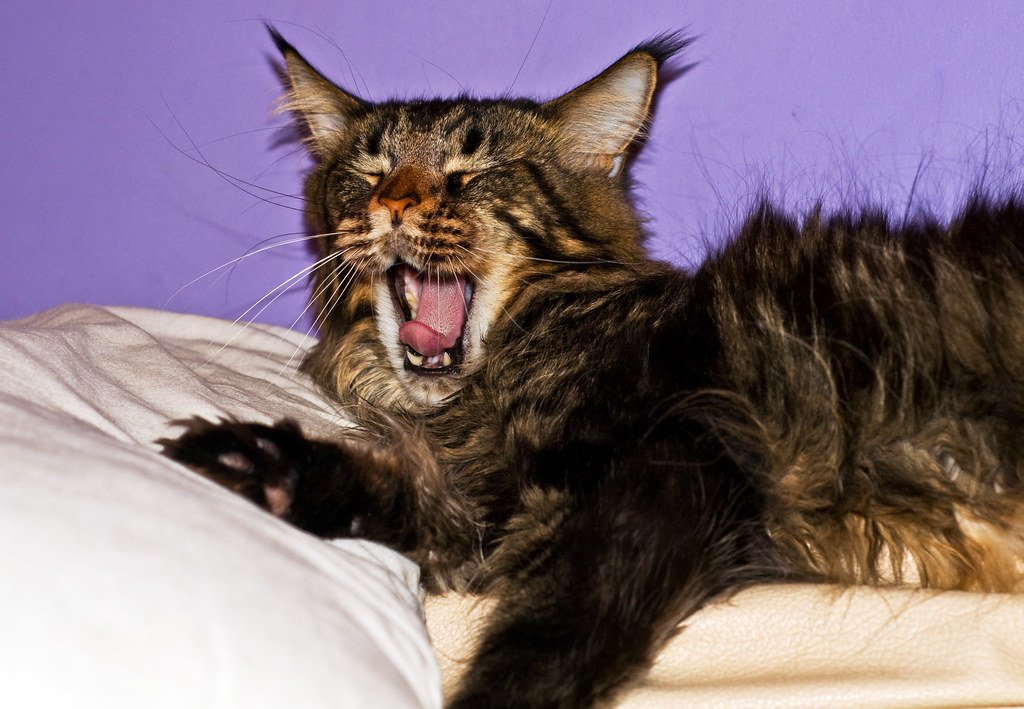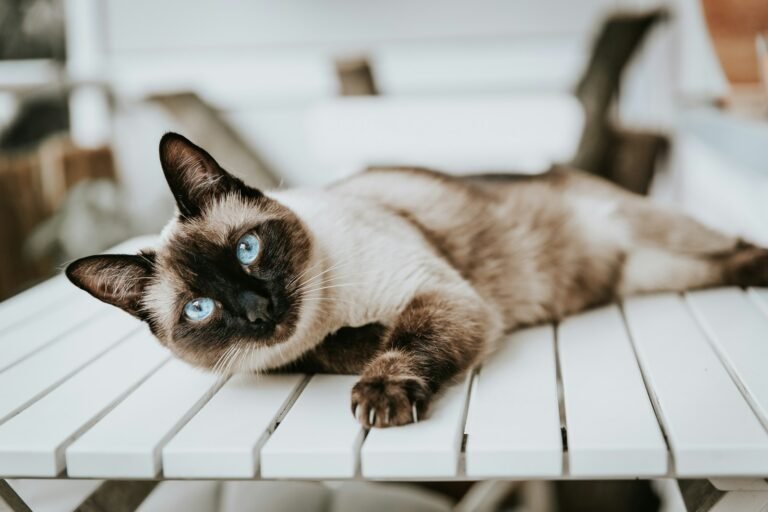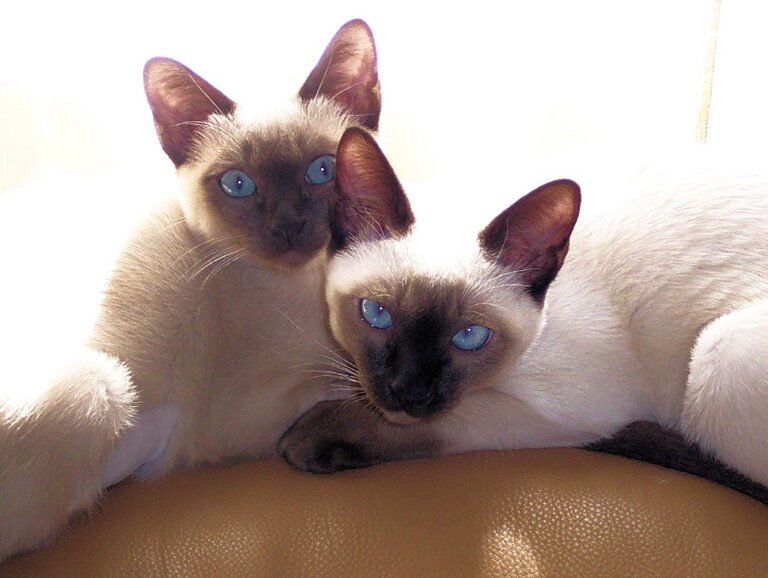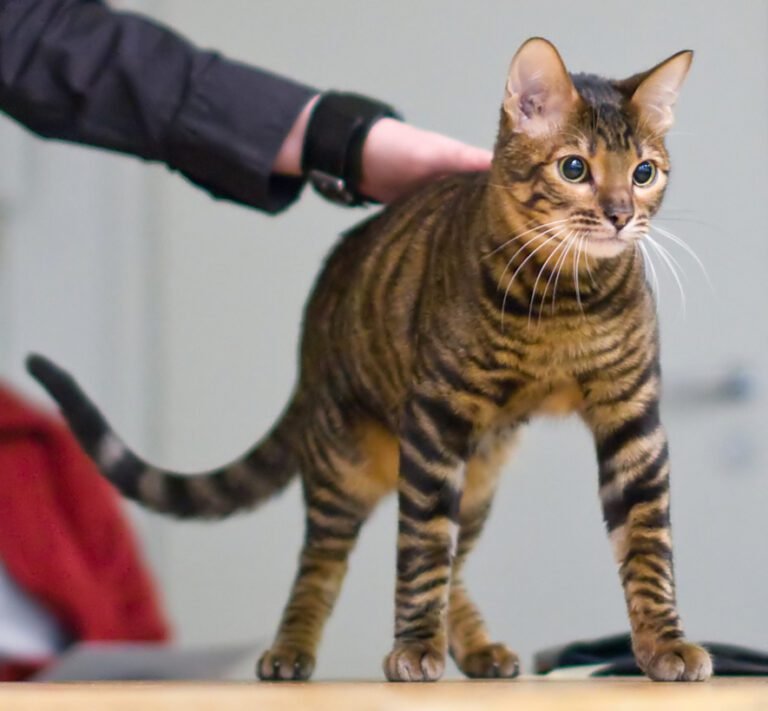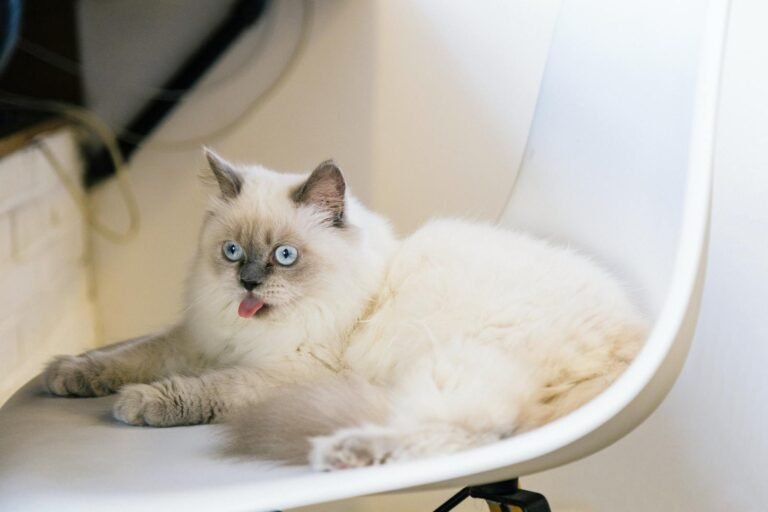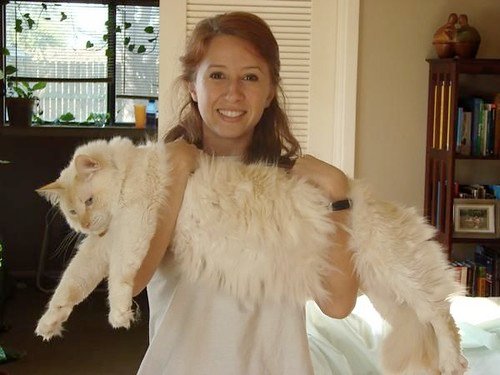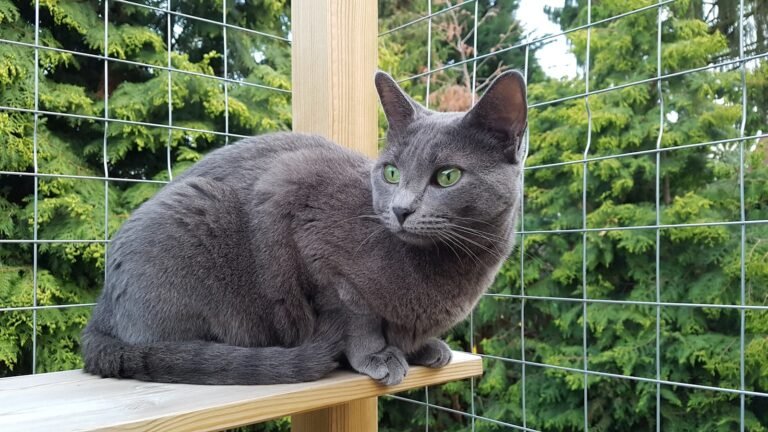Maine Coon Cats: Gentle Giants with a Unique History
Maine Coon Breeding History
Maine Coon cats, with their impressive size and distinctive appearance, have a rich history rooted in the rugged state of Maine, USA. Their ancestry traces back to the early European settlers, mostly from France and England, who brought their cats to the New World in the 17th century. They were put to work to control rodents in settlers’ homes. Over time, these felines adapted to the harsh New England winters, interbreeding with local feral cats and possibly even bobcats. This genetic mix contributed to their robust build, thick coat, and tolerance for cold weather.
Genetic Facts
Maine Coons are known for their distinctive genetic traits. They possess a dominant gene that influences their large size and long, flowing coat. This gene is also responsible for their unique polydactylism, a condition that results in extra toes, often on their front paws. The fictional character Hannibal “the cannibal” Lector also had polydactylism – a sixth finger that looked identical to the other fingers (but then Lector had to have surgery to remove the finger so the police wouldn’t catch him…). Other genetic characteristics include their muscular build, tufted ears, and expressive eyes.
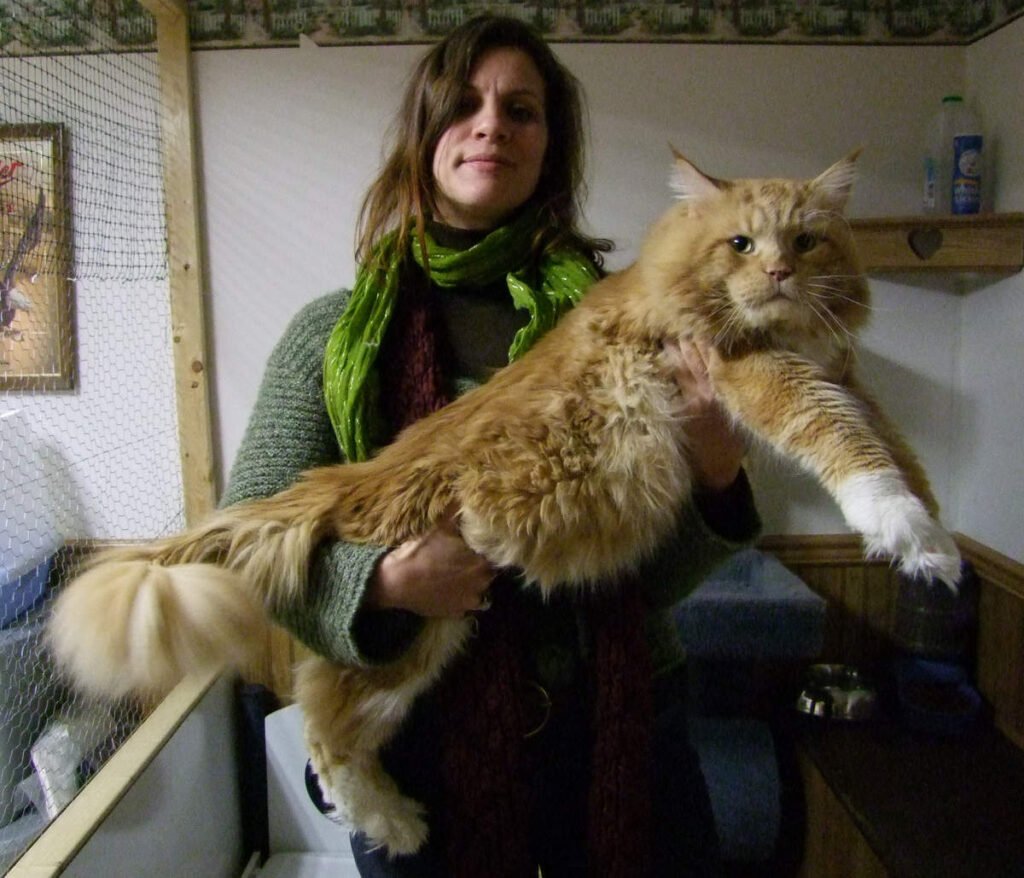
Maine Coon Cats as Pets
Maine Coon cats are often described as gentle giants due to their large size and affectionate nature. Owners find them to be loyal and play companions. They can appear sluggish and tired, but it’s more because they are so big and don’t move as fast as smaller cats. They are popular pets because of their social behavior and they are usually okay interacting with people and other pets. However, it’s important to note that every cat has its own personality, and individual Maine Coons may exhibit different behaviors just like other cats do.
Things to know before getting one
- The most obvious thing is that their large size may require more space. Small apartments might not be the best for a Maine Coon. They need twice the space of a normal sized cat. This also goes for travel as they need bigger travel boxes when being moved in a car or truck.
During winter they shed heavily. You will have to be prepared to clean up loads of cat hair with every seasonal change. Because their hair is often long and flowing, their hair can clog up vacuum cleaners and require emptying more frequently.
Because of their hair and size, they can be expensive to feed and groom. Maine Coon’s can struggle at times to groom themselves, so keeping one as a pet means you will have to help out regularly with combing and cleaning their tremendous hair.
Maine Coon’s are prone to certain health issues, such as polycystic kidney disease (PKD). PKD is an hereditary condition in cats characterized by the development of multiple fluid-filled cysts in the kidneys. These cysts grow over time, eventually disrupting kidney function and potentially leading to kidney failure. Owners are advised to ask a veterinarian to pay special attention to their cat’s kidneys as part of their overall health plan.
Unique Characteristics
Maine Coons differ from other cat breeds in several ways. Their large size and muscular build are immediately noticeable. They also possess a distinctive hunting instinct, often displaying predatory behaviors even indoors. Their thick, water-resistant coat is an adaptation to their harsh New England origins. Additionally, Maine Coons are known for their vocal nature, often communicating with their owners through meows, chirps, and (sometimes bizarre) trills.
Maine Coon Ownership
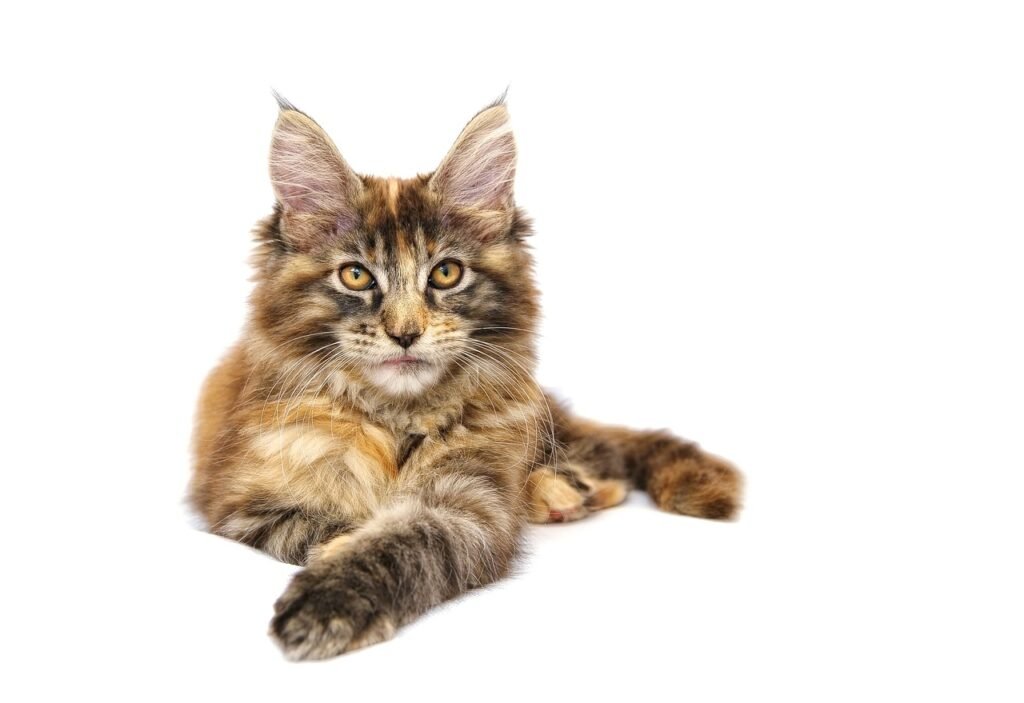
Diet and Nutrition
Best practice suggests that Maine Coons require a high-quality diet that meets their specific nutritional needs. A balanced diet should contain a high protein content to support their growth and muscle development. Essential fatty acids are also important for healthy skin and coat. Consult with a veterinarian to determine the best diet for your Maine Coon.
What is the Cost of Buying a Maine Coon?
You need to look at buying a Maine Coon as an investment over a long period of time. Buying from a reputable breeder will save you money since you get a cat that is well-bred, has a history that you know about, and has started life in the best way possible.
The average price for a well-bred Maine Coon is $2500. A kitten might cost $1000, and a well-bred cat from an ethical and responsible cattery that is registered with TICA might cost as much as $4000.
What to Expect in the First Year
New Maine Coon owners can expect a rewarding and enjoyable experience. In the first year, your kitten will go through significant growth and development. They will become more independent and playful, exploring their surroundings with curiosity. Be prepared for lots of cuddles, purrs, and playful antics. Remember to provide your Maine Coon with plenty of love, attention, and veterinary care to ensure a happy and healthy life.

